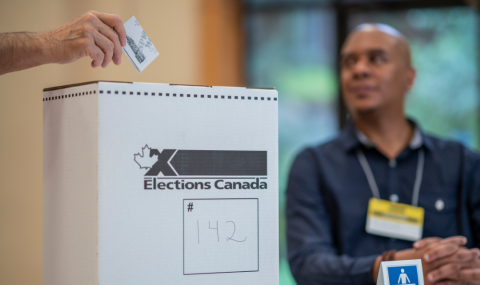Frequently Asked Questions
How many patients are affected?
We have identified 691 patients that have been affected by this issue. Of those, 40 were pediatric patients and 651 were adult. Most patients are oncology patients; however, there are 20 patients who are being treated for immune disorders.
What is being done for patients?
Calls have been made, and letters sent to all affected patients. . An information line has been set up and will be staffed Monday to Friday: between 9 am and 5 pm: 519-685-8805 or toll free 1-855-464-3252.
Non-urgent voice mails will be received on weekends and will be returned. During the week, if you call and are asked to leave a message please do so with your full name and a return phone number.
I was treated at LHSC – how will I know if I am affected?
All patients that are affected will receive a letter and a phone call.
Will patients need further treatment?
Each case is individual and affected patients will need to discuss possible next steps as they relate to their care with their oncologists. Patients will be counseled on active treatment at their next scheduled visit.
What is the impact of this “under treatment” on patients?
Patients should feel confident that their oncologist has provided them with treatments to minimize their risk of cancer recurrence or its progression based on current clinical evidence. Although this issue resulted in a reduced dose of medications in treatment, the probability that this single factor alone has had an overall serious effect is small. However, it is not possible to determine if this "under-treatment" is completely without risk.
It is important to note that affected patients were still receiving multiple other drugs at their intended 100% dose so this is not an across the board under-dose.
Is this urgent? If I have received this drug do I need to get into to see my doctor right away?
No, this is not medically urgent. Despite this, we appreciate that this will cause concern among affected patients and their families. We are making efforts to expedite patient appointments with their oncologist and with other members of their care team.
Are these (Cyclophosphamide and Gemcitabine) the only two chemotherapy drugs involved in this issue?
No other chemotherapy drugs have been purchased from this supplier.
How did this issue occur?
It is our understanding that the supply company, not LHSC's pharmacy, had not adjusted for the overfill present in IV bags and as a result the products were of a lower concentration than labeled.
How will you ensure this will not happen again?
The use of all affected drug products was immediately discontinued and LHSC's pharmacy took over all preparations of these products. Procedures are in development to ensure that any product obtained from an outside provider by LHSC's pharmacy will have the compounding process validated.
The Ministry of Health indicated that an independent expert panel led by Dr. Thiessen would be assembled to review quality assurance, reaching out to hospital leaders, Cancer Care Ontario, the College of Pharmacists, and Health Canada to bring together the right group to take a close look at how best to safeguard patient care to prevent incidents like this. LHSC is fully supportive of this approach and will actively contribute to the review.
I attended the information sessions you recently held, but cannot remember who the panel members were. Can you remind me?
Participating on the panels were:
Both Sessions
Neil Johnson, Vice President of Cancer Care
Laurie Gould, Executive Vice President of Patient Centred Care
Sandy Jansen, Director of Pharmacy
Paediatrics
Dr Lawrence Jardine, Division Chief, Pediatric Oncology
Val Rousom, Program Director Children's Hospita
Adults
Jill Craven, Director, Verspeeten Family Cancer Centre
Dr. Scott Ernst, Chief of Medical Oncology
Dr. Ian Chin Yee, Division Chief, Hematology,


